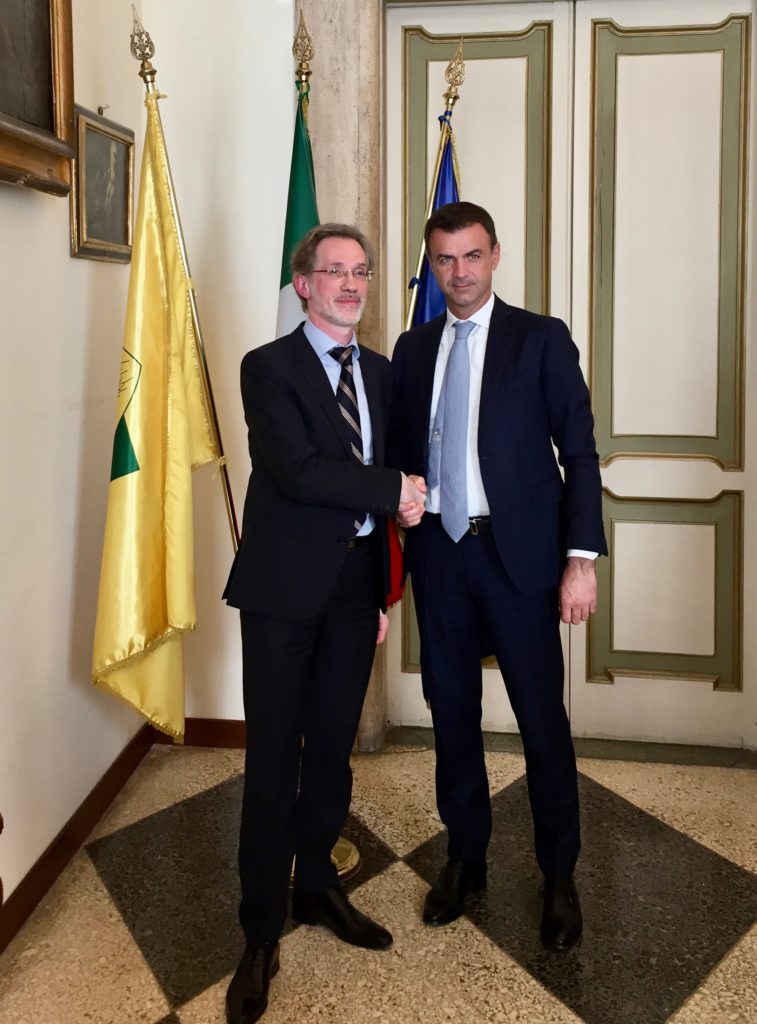The Members of the agricultural committee of the European Parliament adopted today the two first reports on the Common Agricultural Policy reform. Farm Europe welcomes these votes which significantly improve the initial proposal of the European Commission.
Despite the tight schedule, the Committee gave a strong orientation to the next CAP, striking the right balance between economic and environmental performance and between flexibilities and common rules.
Among the orientations given by the MEPs on the strategic plans, the flagship decisions are :
– the definition of the parameters for the financial allocation of the first pillar, with 60% for basic payment support and redistributive payment, 20% for the ecoscheme and 10+2% for coupled support in addition to 3% for sectorial schemes ;
– a proper cross-compliance with clear EU rules and the possibility for Member States to propose equivalent measures, which guarantees a level playing field across Europe while offering the possibility for a real simplification ;
– a balanced allocation of the second pillar targeting 30% to environmental objectives (including part of less favoured areas supports) and 30% to investment and risk management tools ;
– a support to digital and precision farming via investment incentives which are necessary to accompany a forward-looking EU agriculture ;
– a capping at €100.000 unless the Member States implement a 10% redistributive payment ;
– a limitation at 15% of financial transfers from 1st to 2nd pillar and 5% from 2nd to 1st pillar.
When it comes to the single CMO, the Committee set in the Regulation :
– the possibility for reduction scheme as successfuly implemented in 2015-2016 to cope with the milk crisis ;
– improvements in the competition rules to further encourage farmers’ organisations ;
– extension of the regulation tools for the wine sector till 2050 and a good compromise for wine labelling.
The next step will take place on April 8th, with the vote on the 3rd Regulation of the CAP reform, tackling financial management, audit and controls rules. This Regulation is a cornerstone of the CAP reform proposals. It will be very important for the MEPs to guarantee that the CAP does not turn into 27 different national policies without a solid EU framework. In the meantime, this Horizontal Regulation must set the parameters and provide financial capacity to the CAP to react effectively in case of crisis, via a reformed crisis reserved.
 Coldiretti, the largest representative organisation of Italian farmers, decided to join Farm Europe as of 1st April 2019. Farm Europe welcomes this decision which will strengthen the capacity of the think tank to develop forward looking policy paths for the future of EU food systems.
Coldiretti, the largest representative organisation of Italian farmers, decided to join Farm Europe as of 1st April 2019. Farm Europe welcomes this decision which will strengthen the capacity of the think tank to develop forward looking policy paths for the future of EU food systems.